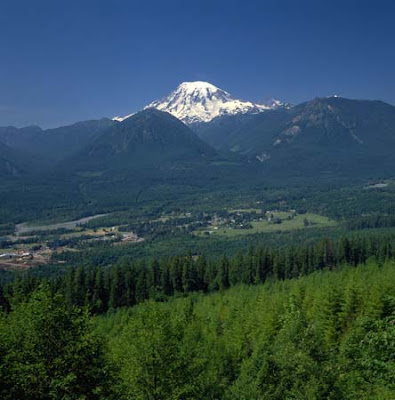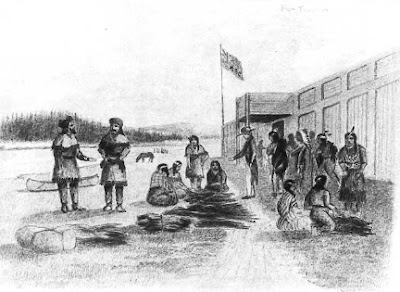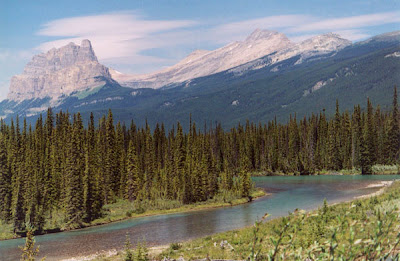John McLoughlin:
… we hope that so favourable a report may be given by those settled there as will induce others to follow: this will not only relieve the Red River Settlement of its surplus population, but strengthen the claims of Great Britian to the Territory, and the increase of the British population in that quarter must operate to the benefit of this Nation whenever a division of the country takes place.
McLoughlin, John. The Letters of John McLoughlin, From Fort Vancouver to the Governor and Committee: Second Series 1839-44. London: The Hudson's Bay Record Society, 1943. Pg 71n.
Second Series 1839-44. London: The Hudson's Bay Record Society, 1943. Pg 71n.
John McLoughlin, Courtesy of Project Gutenberg















